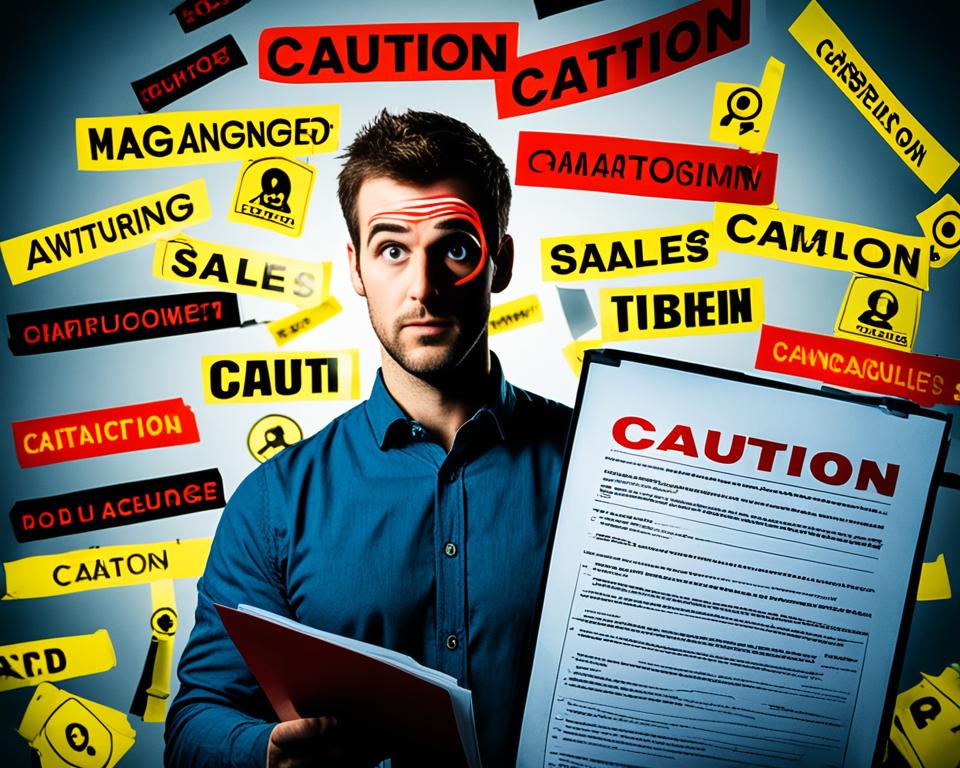Are you going to buy your dream car? From the years of savings and dreams, finally you are buying a car and manipulated by a scam. Can you ever think of this situation?
Shady car deals are more common than you might think. The National Insurance Crime Bureau reports that 1 in 44 cars on the road has been salvaged or rebuilt after an accident. That’s a lot of potentially problematic vehicles out there!
The people behind this selling have so many tactics to attract buyers and manipulate them. From suspiciously low prices to pressure tactics, scam indicators are often hiding in plain sight. Did you know that according to the Federal Trade Commission, fraud led to a staggering $3.3 billion in losses in 2020 alone?
You don’t have to panic while hearing all these facts, because we will give you the signs of red flags to find them easily.
Understanding the Risks in Used Car Transactions
There are so many sellers who have used cars for scams. They polish the used cars just like new ones and hide the flaws in them. If you don’t realize they cheat, you will be affected by the growing scam in the US.
Scams in the Used Car Market
When dealing with used car sales, it’s very important to understand such fraudulent sellers. There are several types of scams in the used car market. The “escrow scam” is the most common type that will force you to send money without receiving or seeing the car. “Title washing” is a sneaky method in which all the history of a car will be erased, including insurance and other details. “Odometer fraud” is another common trick in such a market; the cost mileage of vehicle meters will be rolled back to cheat that car by having mileage.
Also, you should be careful and cautious of “bait and switch” tactics where a seller advertises one vehicle at a low price only to switch you to a more expensive one once you’re committed. So. you should always verify the VIN, check for proper documentation, and use trusted payment methods to protect yourself from these deceptive schemes.
Why Car Buyers Are Targeted
Car buyers are targeted because the high-value transactions involved make them lucrative targets for scammers. The complexity of the buying process and the emotional investment in finding the right car can lead buyers to overlook red flags. Scammers also create a sense of urgency to pressure buyers into quick, unverified decisions.

What Are Possible Red Flags or Signs of a Scam When Buying a Car?
Buying a car is like a dream come true moment and a very important investment. It can be the hard work of long time to finance a car. It also comes with several risk factors, and scams will be the main issue. To protect yourself and make a sound purchase, keep an eye out for these common red flags:
Legal and Ownership Red Flags
Liens Against the Car: The word lien means someone else who has a partial ownership of the car. You should verify whether the car has a lien before buying. If you found that, make sure that the lien has been cleared before purchasing, as you could inherit debt or face repossession.
Fake Escrow Services: Be wary of unknown escrow services. This is the easy scam to suspect, and compared to others, it can be identified soon. So you have to be alert and think a hundred times before giving money. Use trusted ones and avoid wire transfers or payment methods that offer no recourse if something goes wrong.
Sale Agreement in Another Person’s Name: Ensure you’re buying directly from the person listed on the title. Agreements with third parties can be risky and may involve tax evasion or legal complications.
Lower Sale Price in the Agreement: If the sale price in the paperwork is lower than what you paid, it could lead to problems with refunds or legal issues. Always ensure the paperwork reflects the actual amount paid.
Technical Red Flags
Unusually Low Price: If you feel that the price seems too good to be true, it probably is. But remember, sometimes the scammers offer buyers with prices far below market value. In such situations, always ask why the price is so low and get the car inspected by a professional to uncover any hidden issues.
VIN Swapping: There are several cases that the scammers steal the car from somewhere and they might swap a stolen car’s VIN with a legitimate one. Always perform a VIN check independently to verify the car’s history and look for signs of tampering.
Lack of Service History: Scammers may erase all history and details about the car. So there are chances to hide the history. If you are buying a used car, make sure that have the proper history. A missing vehicle history report can indicate hidden problems. Ensure you receive a full-service history or have the car thoroughly inspected by a professional.
Warm Engine: Test drive is a very important thing to do. If the engine is warm when you arrive for a test drive, it could be an attempt to hide issues that are more apparent on a cold start. So always check if it has a warm engine or not.
Odometer Fraud: Check for signs that the odometer has been rolled back. Mismatched mileage records should be investigated further, and you can use tools like OBDeleven for detailed reports.
Salesmanship Car Buying Scams
Pushy Sellers: The most common thing in every scam is the pressure given by a seller. If a seller pressures you to close the deal quickly, be cautious. Legitimate the sellers will understand if you need time to make an informed decision.
No Test Drive: If you feel that sellers are not interested in giving you the car for a test drive, then there may be something wrong with this car. A refusal to let you test drive the car is a major red flag. Without a test drive, you may miss important issues with the vehicle.
Online Car Buying Scams
False Advertising: If you get to know about this car in any ad and when you go to directly see it, all details are not accurate. Mismatched information or photos in online listings can be a sign of fraud. Verify the VIN and car title, and run a vehicle history check before visiting the seller.

Protecting Yourself: Steps to Take Before Finalizing a Purchase
- Always arrange to meet the seller in a public, well-lit area.
- Bring a friend along for added security during the transaction.
- Opt for cash, certified checks, or trusted escrow services for payment.
- Avoid wire transfers or untraceable payment methods.
- Have the car inspected by a skilled mechanic before finalizing the deal.
- An inspection can uncover hidden problems and help you avoid potential scams.
- Check the vehicle’s VIN and obtain a comprehensive history report.
- Verify that the VIN and history match the seller’s claims and the vehicle’s documentation.
- Carefully review all documents to verify the seller’s identity.
- Ensure the name on the title, sale agreement, and seller’s ID all match.
- Take your time, and don’t rush into a decision.
- Trust your instincts—if something feels off, walk away.
- Use tools like Kelley Blue Book to understand fair market values.
- This helps you identify overpriced vehicles and negotiate better deals.
- Consider purchasing from authorized dealers or certified pre-owned programs.
- Authorized dealers often provide warranties for additional protection and peace of mind.
FAQs
What are some red flags or signs of a potential car scam?
You should watch out for low prices that seem too good to be true. Cars with warm engines during tests might hide problems. Also, missing service records and inconsistent vehicle history reports are warning signs. Be cautious of sellers who try to hide the car’s past or ask for upfront payments.
Why are scams so prevalent in the used car market?
Scams in the used car market are common because cars are valuable and deals can be complex. This complexity lets dishonest sellers take advantage of buyers who don’t know the market well.
How can I spot suspicious pricing or payment methods?
Be careful of prices that seem too low. Avoid deals that seem too good. Never use wire transfers or pay upfront for a car. Also, be wary of sellers who ask for overpayments with promises of refunds.
What vehicle history and documentation red flags should I look for?
Look out for missing service records and inconsistent vehicle history reports. Signs of title washing or a hidden salvage title are also red flags. Make sure the VIN matches official records.
What technical issues or inspection concerns should I be aware of?
Be cautious of cars with warm engines during tests. This could mean they have cold-start problems. Check for odometer tampering, and always get a professional inspection before buying.
How can I avoid online marketplace scams when buying a car?
Be careful of false ads and sellers who suggest using escrow services. Never buy a car without seeing it first. These are common tricks used by scammers online.
What legal or ownership red flags should I look out for?
Check for liens on the vehicle and make sure the seller’s identity matches the title. Be wary of sales agreements in someone else’s name or at a lower price than agreed. These could be signs of fraud or tax evasion.
What other potential red flags or scam tactics should I be aware of?
Sellers who use pressure tactics or won’t let you test drive the car are suspicious. Also, be cautious of paperwork and identification that don’t match. These could be signs of a scam.
How can I protect myself when finalizing a car purchase?
Meet sellers in a public place for safety. Use secure payment methods or reputable escrow services. Always insist on a professional inspection. Check the VIN and history thoroughly. Verify all documents. Trust your gut – if something feels off, don’t buy it.
